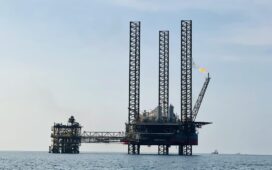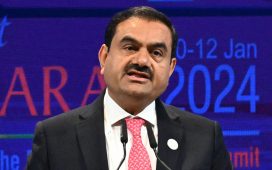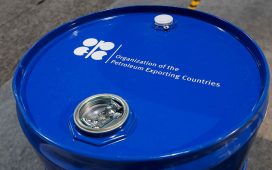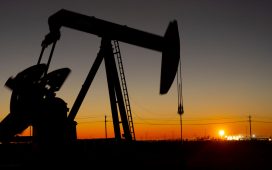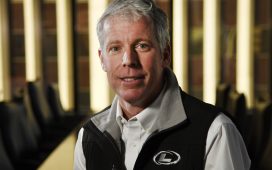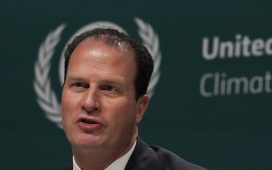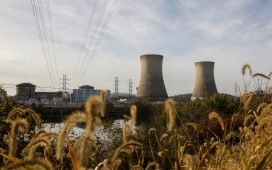Senate Majority Leader Charles Schumer
“In our analysis of the combined impact of both the Infrastructure Investment and Jobs Act and the Budget Resolution’s instructions, we are on track to reduce U.S. emissions to approximately 45 percent beneath 2005 levels by 2030,” Schumer wrote in a Dear Colleague letter.
“When you add Administrative actions being planned by the Biden Administration and many states – like New York, California, and Hawaii – we will hit our 50 percent target by 2030.”
The goal as outlined by the New York Democrat is aligned with the Biden administration’s own target of 50 percent reduction by decade’s end.
Schumer wrote that while his office projects “many important policies” will lead to this outcome, it primarily hinges on the Senate Finance Committee’s clean energy and vehicle tax plan as well as the Clean Electricity Payment Program, which is included in Democrats’ proposed $3.5 trillion spending plan. The analysis projects the two policies alone would comprise nearly 66 percent of the total projected emissions reductions.
A breakdown accompanying the letter also projects a 9.1 percent reduction through methane fees, 8.1 percent through forest management and agricultural conservation, 4.7 percent through transit electrification and increased ridership and 4.4 percent through renewable building incentives. Another 7.8 percent would be reduced through a repeal of fossil fuel subsidies and tax incentives for renewable fuels, according to the Senate Democratic leader’s office.
Schumer’s letter highlighted the need to pass comprehensive climate provisions amid a flurry of extreme weather and climate disasters. He invoked historic levels of drought and wildfires in the west, as well as the drought conditions that led to Lake Mead’s first-ever water shortage declaration in August.
“[W]e are on the precipice of the most significant climate action in our country’s history,” Schumer concluded. “I do not believe we have the luxury of failure if we are to provide a good future for ourselves and our children.”

